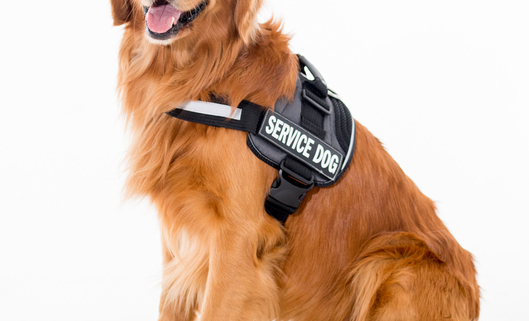The Consequences of Lying About Dogs Being Service Dogs
In recent years, there has been a concerning trend of individuals
falsely claiming that their dogs are service animals when, in fact,
they are not. While the impulse to bring a beloved pet everywhere may
be tempting, it’s essential to recognize the profound implications of
this deceptive practice. Genuine service dogs provide vital assistance
to people with disabilities, and misrepresenting a pet as a service
animal undermines the trust within the service dog community and has
legal and ethical consequences.
Service dogs are meticulously trained to assist individuals with
disabilities in performing specific tasks, such as guiding blind
people, alerting them to seizures, or providing support for
individuals with mobility impairments. They undergo rigorous training
to remain calm, focused, and well-behaved in public spaces. Falsely
claiming their pet as a service dog can create confusion and
potentially dangerous situations for genuine service dog handlers.
Misbehaving pets in public spaces can disrupt the functioning of
trained service dogs and even pose risks to public safety.
Moreover, lying about a dog being a service animal can have legal
repercussions. Several states have passed laws to address this issue,
making it a misdemeanor to misrepresent a pet as a service dog. The
consequences may include fines or even community service. To protect
the rights of those who genuinely need service dogs and to maintain
the integrity of the service dog community, individuals must refrain
from dishonestly portraying their pets as service animals. Instead, we
should all respect the critical role of service dogs and ensure they
receive the recognition and accommodation they deserve.



